Top Drainage Problems in Restaurants and How to Fix Them
In the bustling world of culinary arts, where exquisite dishes are crafted and memorable dining experiences are created, one critical component often goes unnoticed until it fails: the drainage system. For restaurants, a well-functioning drainage and plumbing system isn’t just a convenience; it’s the backbone of hygiene, operational efficiency, and regulatory compliance. When drainage issues arise, they can quickly escalate from minor annoyances to significant disruptions, leading to health code violations, costly repairs, and a potential loss of business.
This comprehensive guide will delve into the most common drainage problems that plague restaurants, offering insights into their causes, impacts, and, most importantly, effective solutions. We’ll also highlight how proactive measures and reliable professional support from companies like Drainage & Plumbing LTD can safeguard your restaurant’s operations and reputation. Visit us at https://drainage-plumbing.co.uk/ to learn more about our services.
The Critical Role of Restaurant Drainage
Before diving into specific problems, it’s essential to understand why robust drainage is paramount in a restaurant environment:
Hygiene and Safety
Restaurants handle large volumes of food waste, grease, and water daily. An efficient drainage system ensures that wastewater is promptly removed, preventing standing water, unpleasant odors, and the proliferation of bacteria and pests. This is crucial for maintaining a clean, sanitary environment, protecting both staff and customers from health risks.
Operational Efficiency
Every minute lost due to a blocked sink or overflowing floor drain translates directly into lost productivity and revenue. Smooth-flowing drains are vital for kitchen operations, dishwashing areas, and restrooms, allowing your team to work seamlessly and serve customers without interruption.
Compliance with Regulations
Health and safety regulations are stringent for commercial kitchens. Drainage issues can lead to immediate violations, resulting in fines, temporary closure, or even permanent shutdown. Regular maintenance and prompt resolution of problems ensure your restaurant remains compliant with all local and national health codes.
Common Drainage Problems in Restaurants
Restaurants face unique drainage challenges due to the nature of their operations. Here are the top problems encountered:
1. Blocked Sinks and Drains
This is perhaps the most prevalent and disruptive issue. Kitchen sinks are constantly subjected to food particles, grease, fats, oils, and detergents. Over time, these substances accumulate, forming stubborn blockages.
- Causes:
- Fats, Oils, and Grease (FOG): The primary culprit. When hot FOG goes down the drain, it cools and solidifies, clinging to pipe walls and catching other debris.
- Food Particles: Small pieces of food, coffee grounds, and rice can pass through strainers and accumulate.
- Soap Scum: Residue from dishwashing detergents contributes to buildup.
- Foreign Objects: Accidental dropping of cutlery, sponges, or small utensils.
- Impact:
- Slow drainage or complete blockage of sinks.
- Foul odors emanating from drains.
- Overflowing sinks, potentially causing water damage and slip hazards.
- Disruption to food preparation and dishwashing.
2. Grease Trap Issues
Restaurants are legally required to have grease traps (or grease interceptors) to prevent FOG from entering the public sewer system. When these traps are not properly maintained, they become a significant source of problems.
- Causes:
- Infrequent Cleaning: Grease traps need regular emptying and cleaning based on the volume of FOG they collect.
- Improper Disposal: Staff pouring FOG directly down drains instead of collecting it.
- Damage/Malfunction: Cracks in the trap or issues with baffles.
- Impact:
- Blockages: Overfilled grease traps allow FOG to escape into the main drainage lines, causing severe and widespread blockages downstream.
- Foul Odors: Decomposing FOG in an overfilled trap produces strong, unpleasant smells.
- Fines and Legal Action: Non-compliance with FOG disposal regulations can lead to hefty fines from local authorities and environmental agencies.
- Sewer Backups: In severe cases, FOG buildup can lead to sewage backing up into the restaurant.
3. Floor Drain Backups
Kitchens and prep areas often have floor drains to handle spills and cleaning water. Backups here are a serious concern.
- Causes:
- Large Debris: Food scraps, mop strings, or packaging getting washed into the drains.
- Main Sewer Line Issues: A blockage further down the main sewer line can cause backups in all connected drains, including floor drains.
- Grease Buildup: FOG from cleaning equipment or spills can accumulate in floor drain lines.
- Impact:
- Flooding: Significant water accumulation on kitchen floors, creating hazardous slip conditions.
- Cross-Contamination: Dirty water can spread bacteria and contaminants across the kitchen.
- Operational Halt: Kitchen operations may need to cease until the area is cleared and sanitized.
4. Foul Odors
Persistent unpleasant smells can drive customers away and indicate underlying drainage problems.
- Causes:
- Food Decomposition: Accumulated food particles and grease decaying within the pipes or grease trap.
- Dry P-Traps: P-traps (the U-shaped bends in pipes under sinks) hold a small amount of water to create a seal, preventing sewer gases from entering the building. If a sink isn’t used for a while, this water can evaporate, allowing gases to escape.
- Ventilation Issues: Blocked or improperly installed vent pipes can lead to negative pressure, siphoning water from P-traps.
- Sewer Line Damage: Cracks or breaks in sewer lines can release gases into the building.
- Impact:
- Unpleasant dining and working environment.
- Negative customer experience and loss of business.
- Potential health concerns from sewer gas exposure.
5. Pipe Corrosion and Leaks
While not always immediately obvious, deteriorating pipes can lead to significant issues over time.
- Causes:
- Age and Wear: Pipes naturally degrade over decades of use.
- Chemical Drain Cleaners: Frequent use of harsh chemical drain cleaners can corrode pipes, especially older ones.
- Mineral Buildup: Hard water can lead to mineral deposits that restrict flow and put pressure on pipes.
- Impact:
- Water Damage: Leaks can cause damage to walls, ceilings, and flooring, leading to expensive repairs.
- Increased Water Bills: Even small, hidden leaks can waste significant amounts of water.
- Mold and Mildew Growth: Damp conditions from leaks promote mold growth, affecting air quality and causing structural damage.
6. Pest Infestations
Drainage issues can inadvertently create an inviting environment for pests.
- Causes:
- Standing Water: Backed-up drains and leaky pipes provide breeding grounds for insects like cockroaches and mosquitoes.
- Food Debris: Accumulations of food waste in drains attract rodents and insects.
- Damaged Pipes: Cracks or openings in drainage pipes can serve as entry points for pests.
- Impact:
- Health code violations.
- Damage to restaurant reputation.
- Spread of diseases.
- Costly pest extermination.
How to Fix (and Prevent) Restaurant Drainage Problems
Addressing drainage problems in a restaurant requires a combination of daily routines, proactive maintenance, and professional intervention.
1. Implement Strict Daily Cleaning Routines
Prevention is always better than cure.
- Strainers and Grates: Ensure all sinks and floor drains are equipped with effective strainers to catch food particles and debris. Clean these strainers thoroughly multiple times a day.
- Wipe Down, Don’t Wash Down: Before washing dishes, scrape off all food waste into the bin. Never wash large quantities of food scraps down the sink.
- Hot Water Flush: At the end of each day, flush drains with very hot water (but not boiling, which can damage pipes) to help break down any grease that might have accumulated.
2. Proper FOG Management
This is arguably the most crucial preventive measure for restaurants.
- Scrape Before Rinsing: Train kitchen staff to scrape all excess fats, oils, and grease from pots, pans, and plates into dedicated FOG collection bins before washing. These bins should be emptied regularly by a licensed waste management company.
- Never Pour FOG Down Drains: Emphasize that hot FOG may seem liquid, but it will solidify in pipes. This rule applies to all kitchen and utility sinks.
- Regular Grease Trap Pumping: Adhere to a strict schedule for professional grease trap pumping and cleaning. The frequency will depend on your restaurant’s volume, but it’s typically every 1-3 months.
3. Schedule Professional Drain Cleaning
Even with excellent daily practices, some buildup is inevitable.
- Hydro-Jetting: This is the most effective method for commercial drain cleaning. High-pressure water jets blast away years of FOG, food particles, and other debris from pipe walls, restoring them to their original diameter. Schedule this service regularly (e.g., annually or semi-annually) as a preventive measure.
- Enzymatic Cleaners (Use with Caution): While chemical drain cleaners are generally not recommended due to their corrosive nature, biological or enzymatic cleaners can be used for maintenance. These products contain bacteria that “eat” organic matter, helping to prevent buildup. However, they are slow-acting and not suitable for severe blockages.
4. Address Blockages Promptly
Minor blockages can often be resolved without immediate professional help.
- Plunger Power: For minor clogs in sinks or toilets, a heavy-duty plunger can often create enough pressure to dislodge the blockage.
- Baking Soda and Vinegar: A mixture of baking soda followed by hot vinegar can sometimes help break down organic matter in drains. Let it sit for 30 minutes to an hour before flushing with hot water.
- Know When to Call for Help: If a blockage is persistent, affects multiple drains, or is accompanied by foul odors or backups, it’s time to call in the experts. Attempting to force severe blockages can damage pipes.
5. Regular Inspection and Leak Detection
- Visual Checks: Encourage staff to report any signs of slow drainage, puddles, or drips immediately.
- Professional Inspections: Consider periodic professional plumbing inspections, including camera inspections of drain lines, to identify potential issues like cracks, corrosion, or tree root intrusion before they become major problems.
- Prompt Repair: Any detected leaks or pipe damage should be repaired immediately to prevent water damage, mold growth, and increased water bills.
6. Odor Control Strategies
- Cleanliness: Ensure all areas around drains are kept meticulously clean, wiping away any food spills or standing water.
- Keep P-Traps Filled: For sinks that are used infrequently, pour a cup of water down them weekly to keep the P-trap full and prevent sewer gases from entering.
- Ventilation Check: If foul odors persist despite clean drains, have a plumber check your plumbing vent system for blockages or improper installation.
7. Emergency Preparedness
Even with the best preventive measures, emergencies can happen. Having a reliable emergency plumbing service on speed dial is critical.
- 24/7 Availability: Choose a service that offers round-the-clock emergency assistance, as drainage issues don’t adhere to business hours.
- Fast Response Time: Every minute counts during a plumbing emergency. A quick response minimizes downtime and damage.
Why Choose Drainage & Plumbing LTD for Your Restaurant?
When it comes to the intricate and demanding drainage and plumbing needs of restaurants in South East England, Drainage & Plumbing LTD stands out as your trusted partner. We understand the unique challenges faced by commercial kitchens and are equipped to provide swift, effective, and lasting solutions.
We proudly serve South East England within a 25-mile radius, including Croydon, Sutton, Wallington, Coulsdon, Banstead, Bromley, Mitcham, Epsom, Reigate, Redhill, Leatherhead, Kingston upon Thames, Wimbledon, Richmond, Caterham, Guildford, Crawley, Haywards Heath.
Here’s why choosing us ensures your restaurant’s drainage system remains in top condition:
Drainage&plumbing Ltd
- 24/7 Emergency Service: Drainage emergencies don’t wait, and neither do we. Our team is on call 24/7 to handle urgent drain problems quickly and efficiently, any time, any day. We aim to arrive within 60 minutes, wherever you are in our service area.
- Expert Team: Our highly trained and certified technicians possess extensive experience in commercial drainage solutions. They use the latest technology to accurately diagnose and resolve issues while following strict industry standards.
- Comprehensive Solutions: From unblocking toilets, sinks, and showers to fixing complex blocked or broken drains, managing fat buildup, conducting leak detection, and performing professional drain cleaning with high-pressure water jets – we offer a full spectrum of services.
- Customer Satisfaction: At the heart of everything we do is a commitment to customer care. We go above and beyond to deliver service you can trust, ensuring minimal disruption to your operations. Most problems are fixed on the spot, and we always explain the job clearly—no surprises, no hidden costs.
- Reliability and Efficiency: Our vision is to be the most trusted local expert for residential and commercial drainage solutions in South East England, and our mission is to provide fast, reliable, and professional drainage and plumbing services across the entire region. With over 900+ projects done, affordable pricing, and fast service, you can count on us.
Need help with a drainage or plumbing issue? We’re here and ready to assist you. Whether it’s a quick question or an emergency call-out, feel free to reach out by phone, email, or WhatsApp. We aim to respond as quickly as possible, typically within 2 hours for email inquiries.
Contact Us:
- Phone: 07771200075
- Email: support@drainage-plumbing.co.uk
- Website: https://drainage-plumbing.co.uk/
Our Drainage Services for Restaurants
✅ Drain Unblocking
We quickly and cleanly remove blockages from sinks, toilets, floor drains, and more.
✅ Fat, Oil & Grease Removal
Safe removal of FOG (Fat, Oil, Grease) deposits to prevent clogging and keep your kitchen hygienic.
✅ CCTV Drain Surveys
Identify the root cause of persistent drainage issues with high-definition camera inspections.
✅ High-Pressure Water Jetting
Clear tough blockages and clean pipes thoroughly without damage.
✅ Leak Detection & Repair
Find hidden leaks early before they cause major problems.
How Our Process Works
- Book a Visit
Call us or send a message—our team is ready when you are. - Fast Response
We aim to arrive within 60 minutes, minimizing disruption to your business. - Problem Solved
Our engineers fix most issues on the spot, using advanced tools and techniques. - Drain Cleaning South East England | 24/7 Drain Unblocking Servise
Conclusion
Effective drainage management is an investment in your restaurant’s longevity and success. By understanding the common problems and implementing proactive maintenance strategies, you can prevent costly disruptions and ensure a safe, hygienic, and efficient environment. When complex issues arise, partnering with a reliable and experienced plumbing service like Drainage & Plumbing LTD is essential. We are dedicated to keeping your restaurant’s drains flowing smoothly, allowing you to focus on what you do best: providing exceptional culinary experiences. Remember, for fast, reliable, and professional drainage services in South East England, visit https://drainage-plumbing.co.uk/.
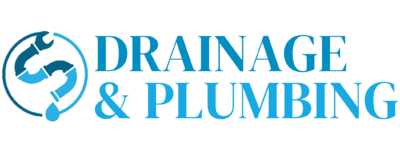

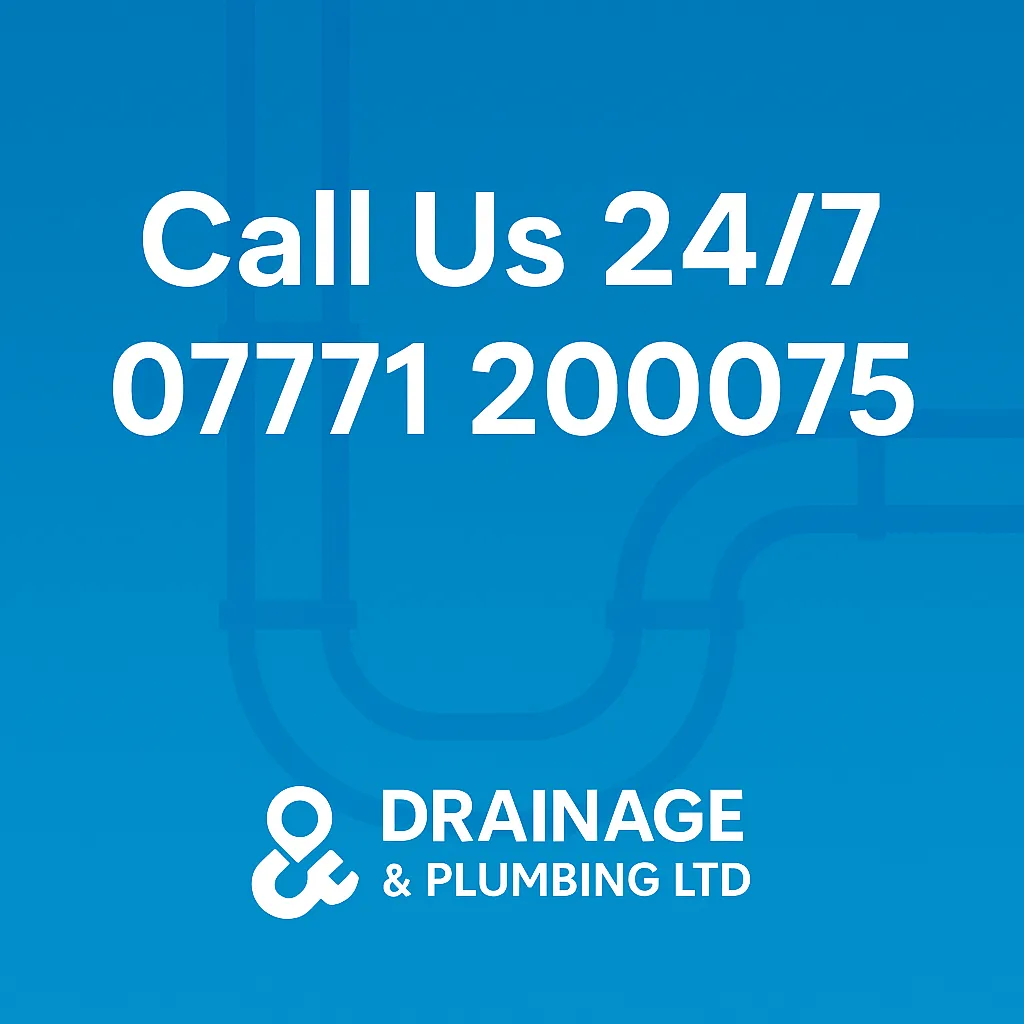
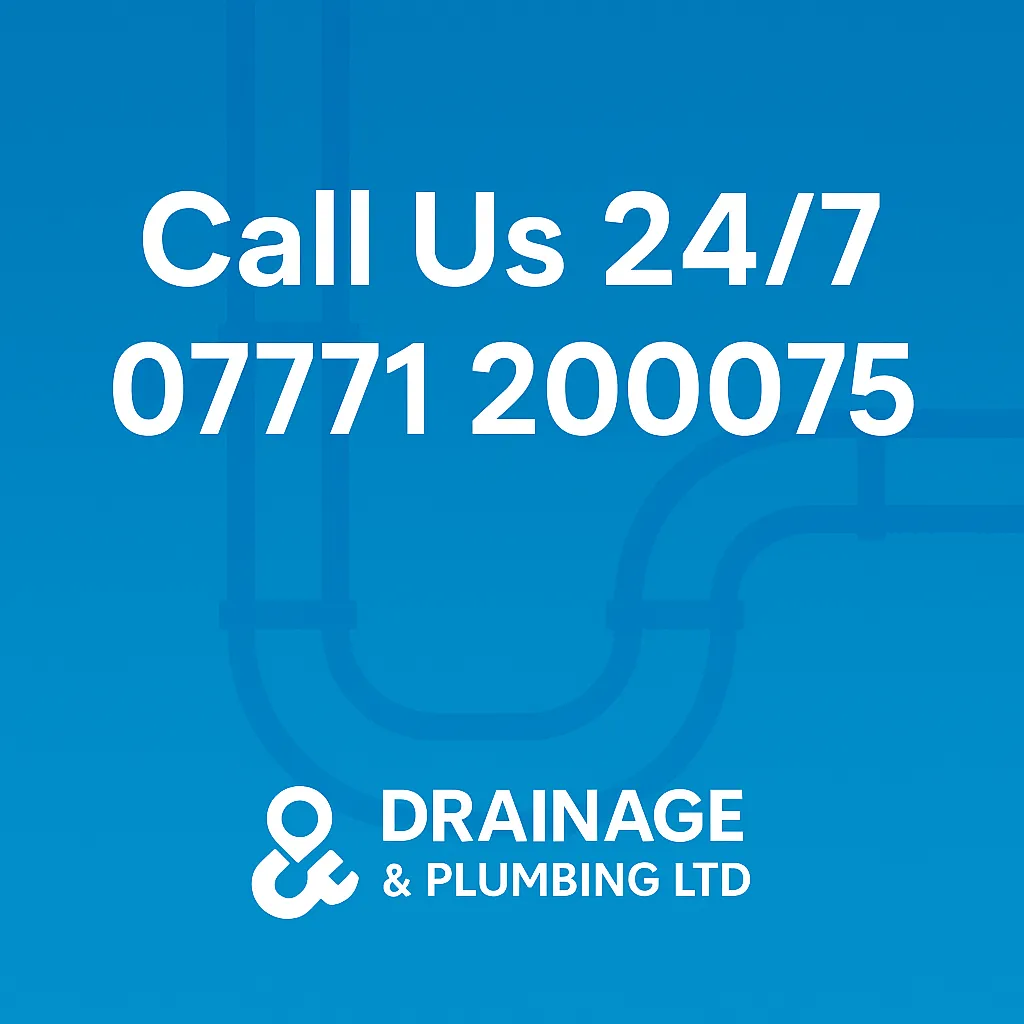
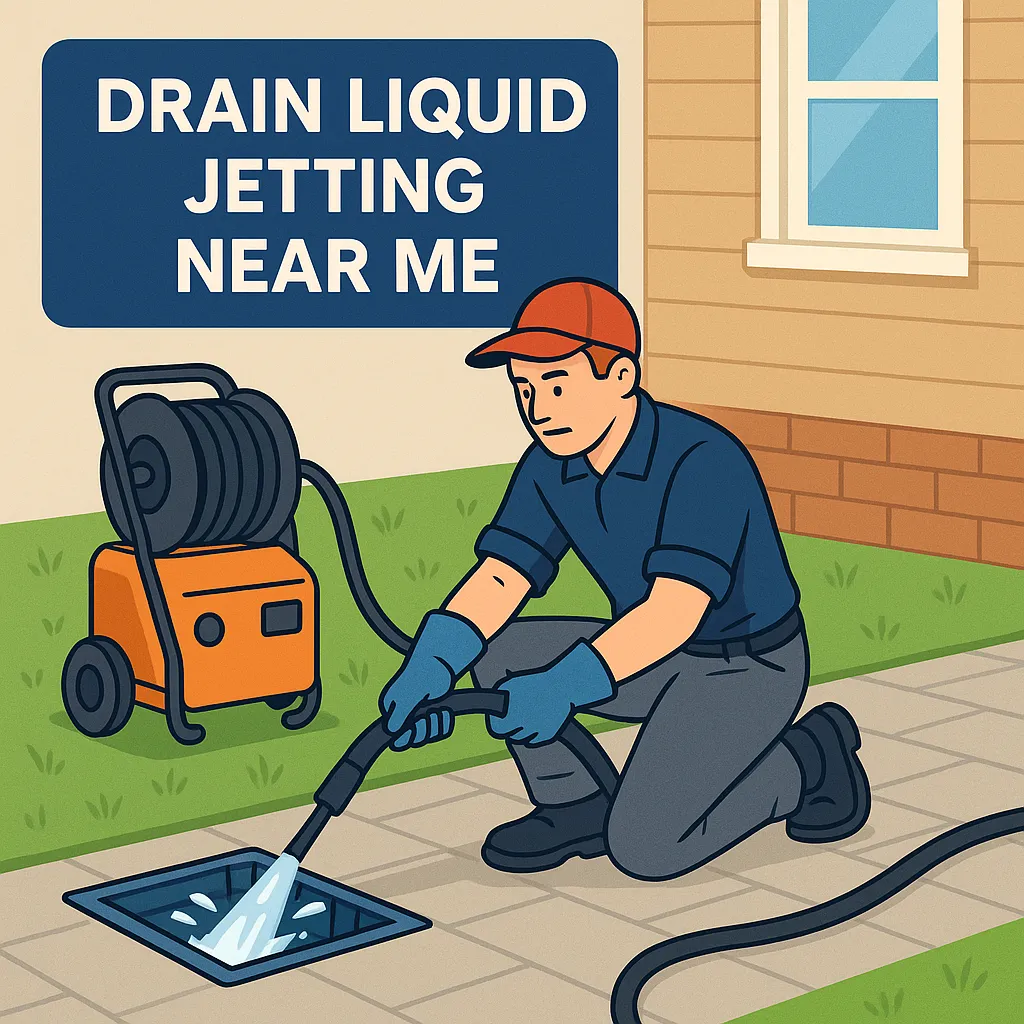
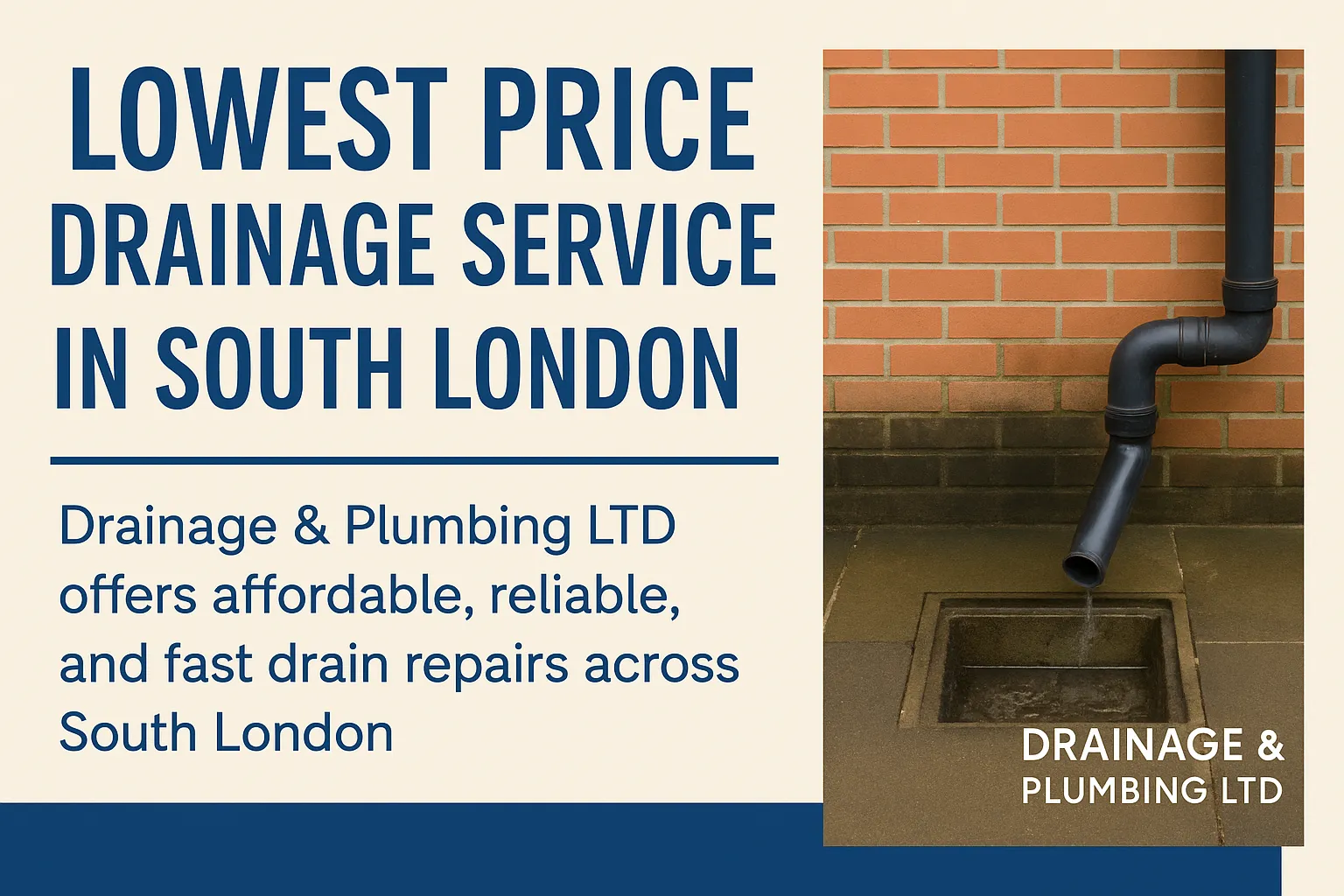
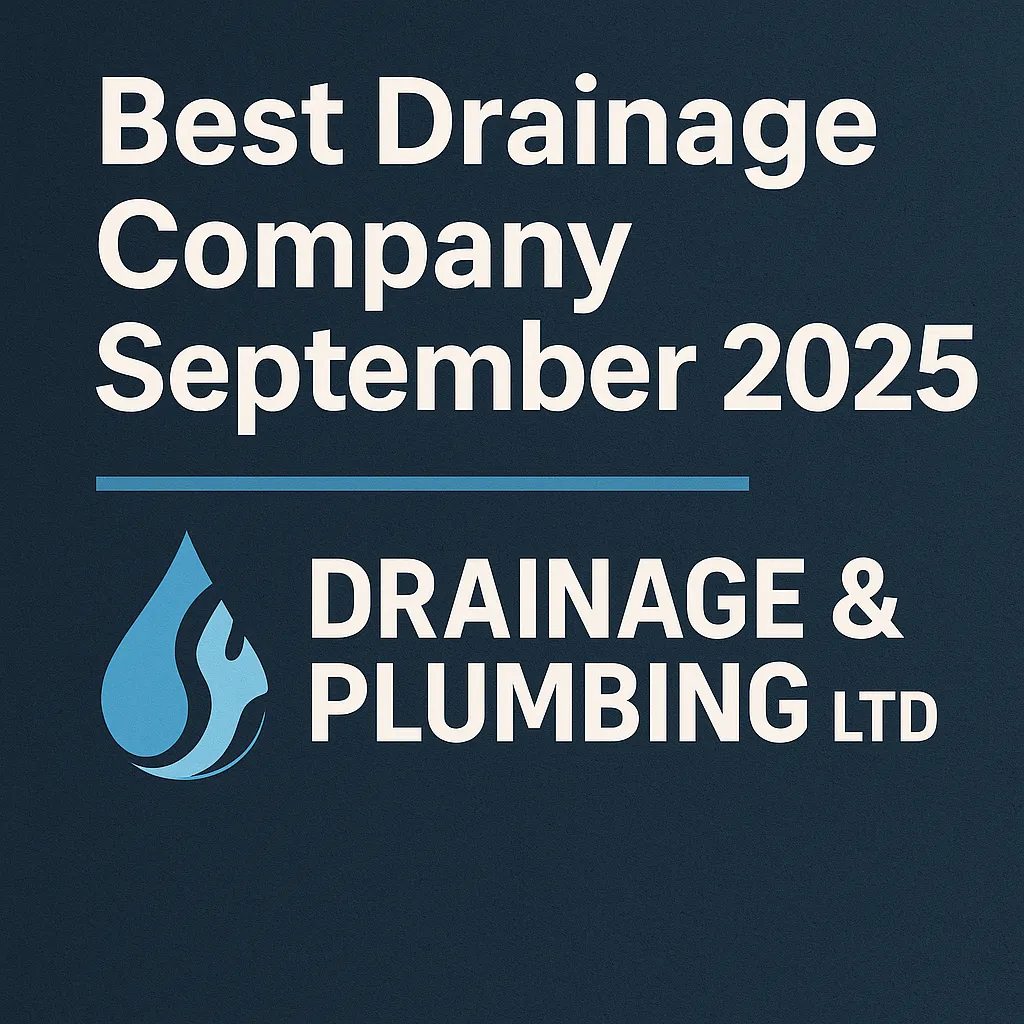
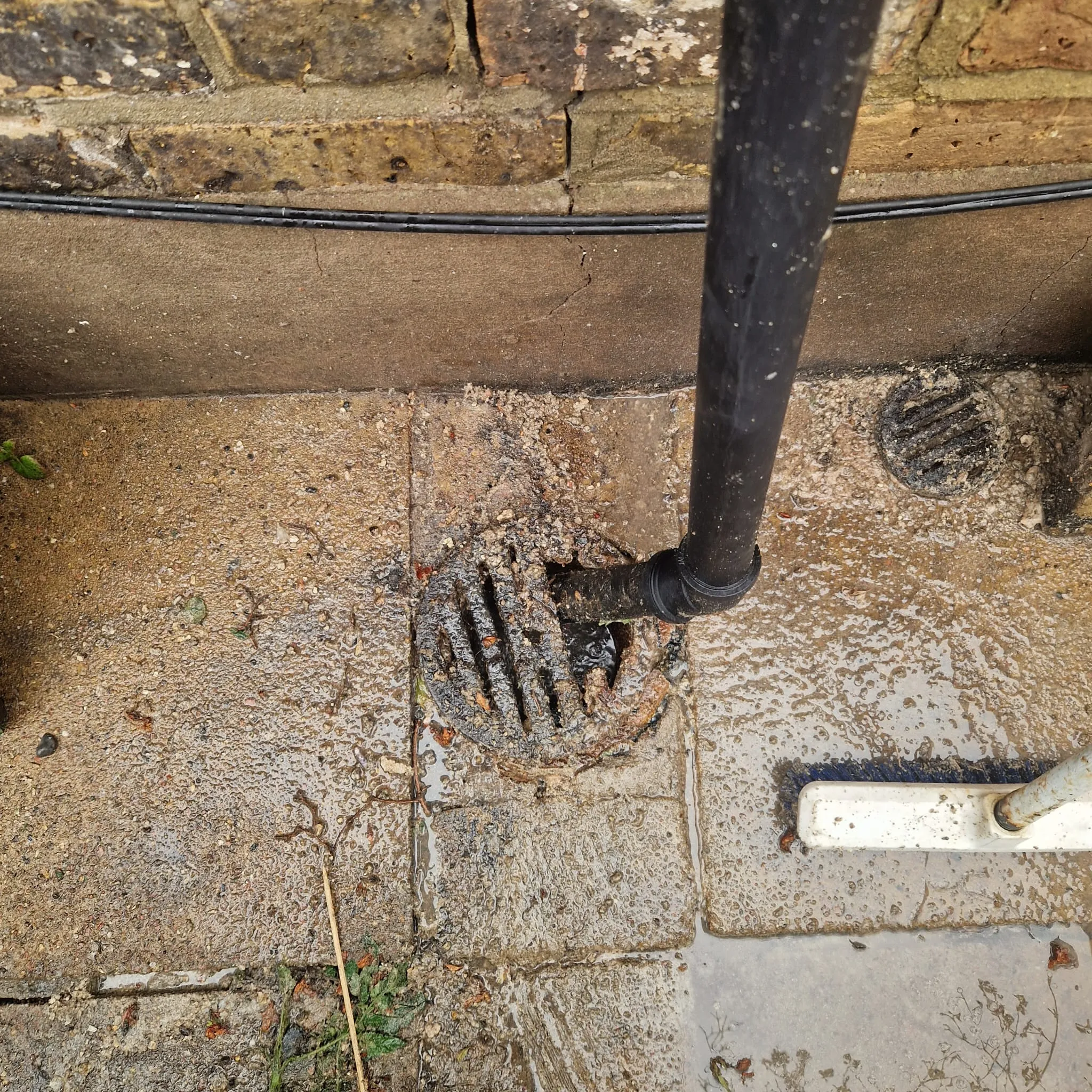
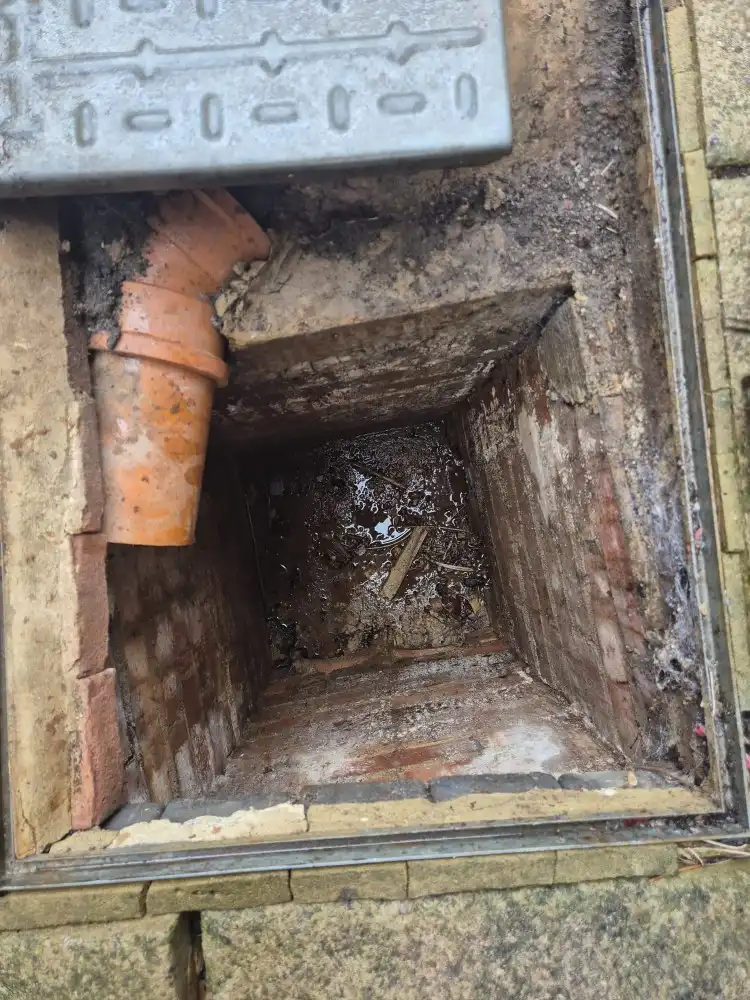
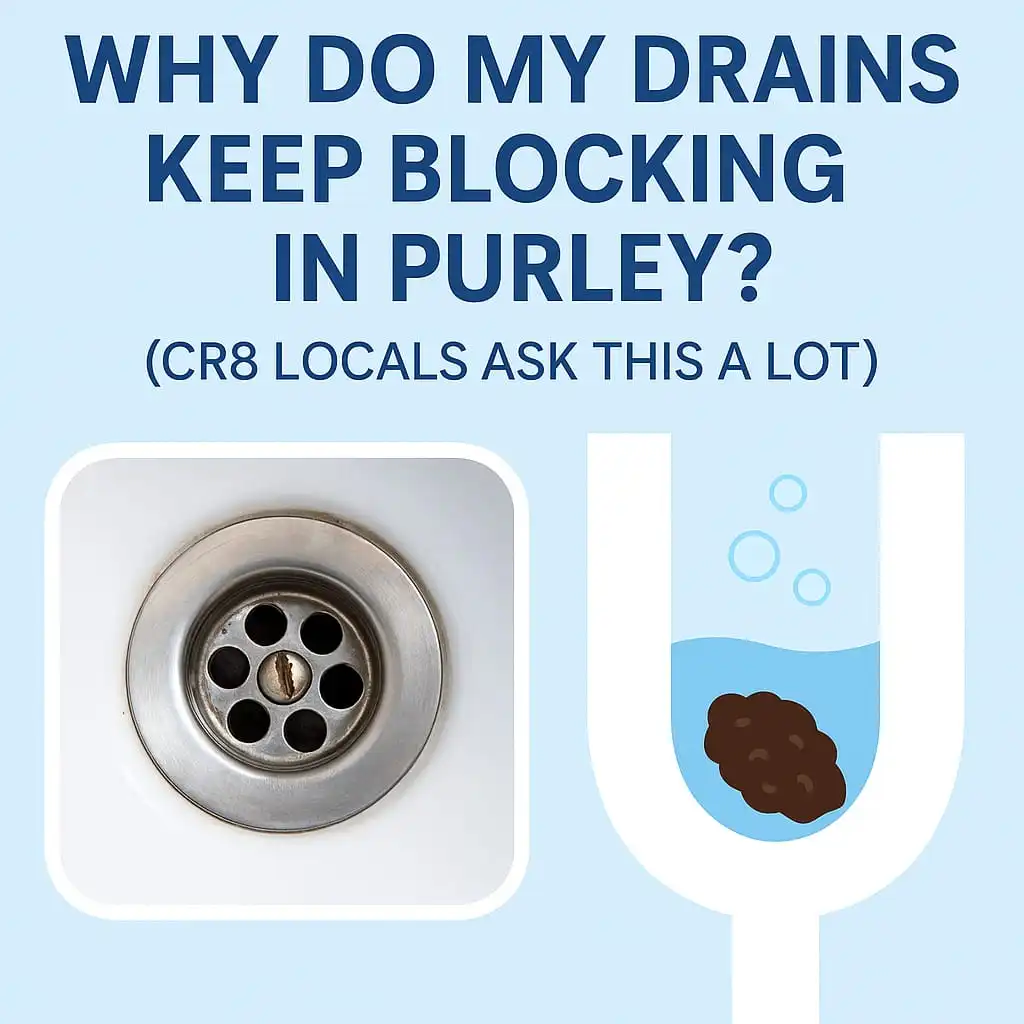
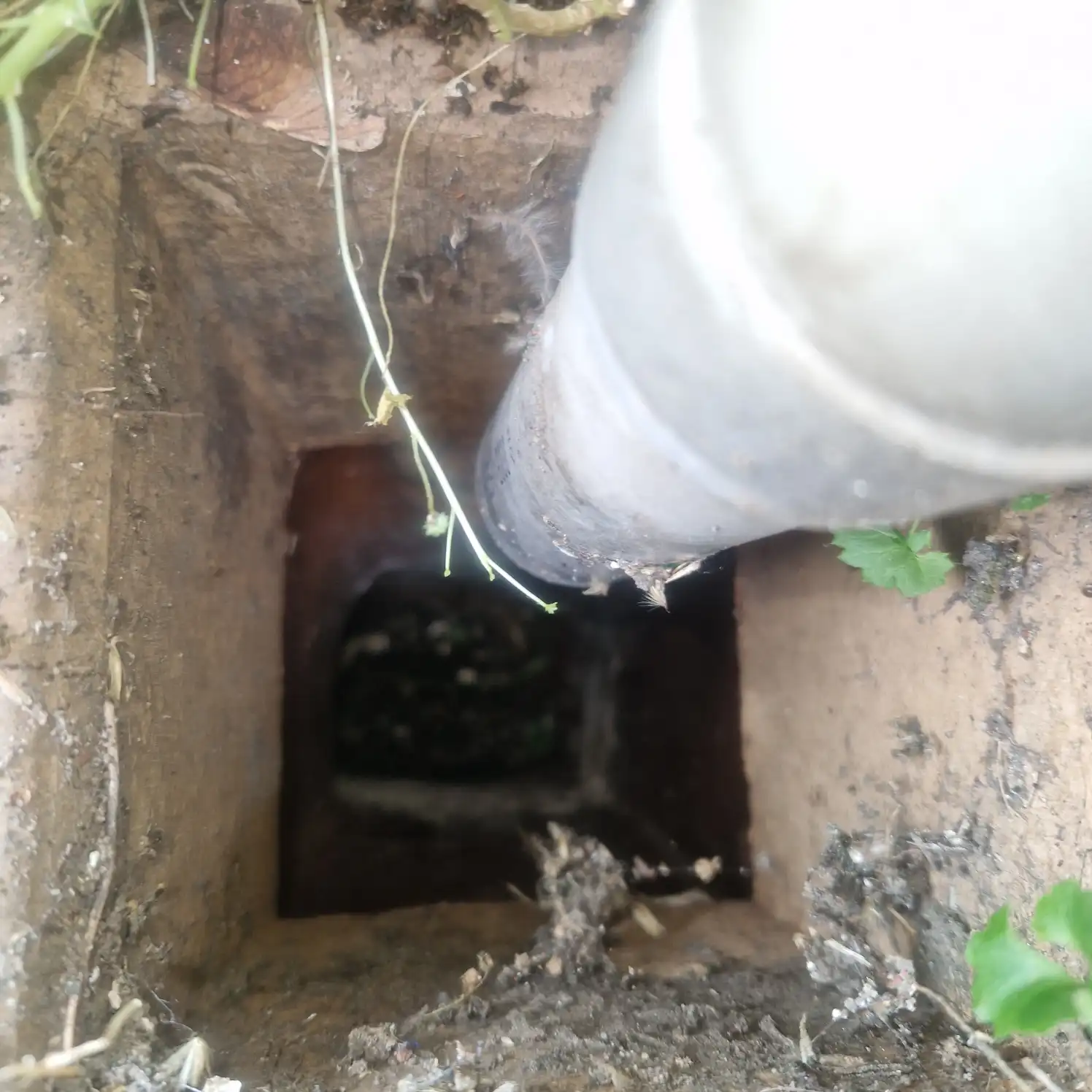
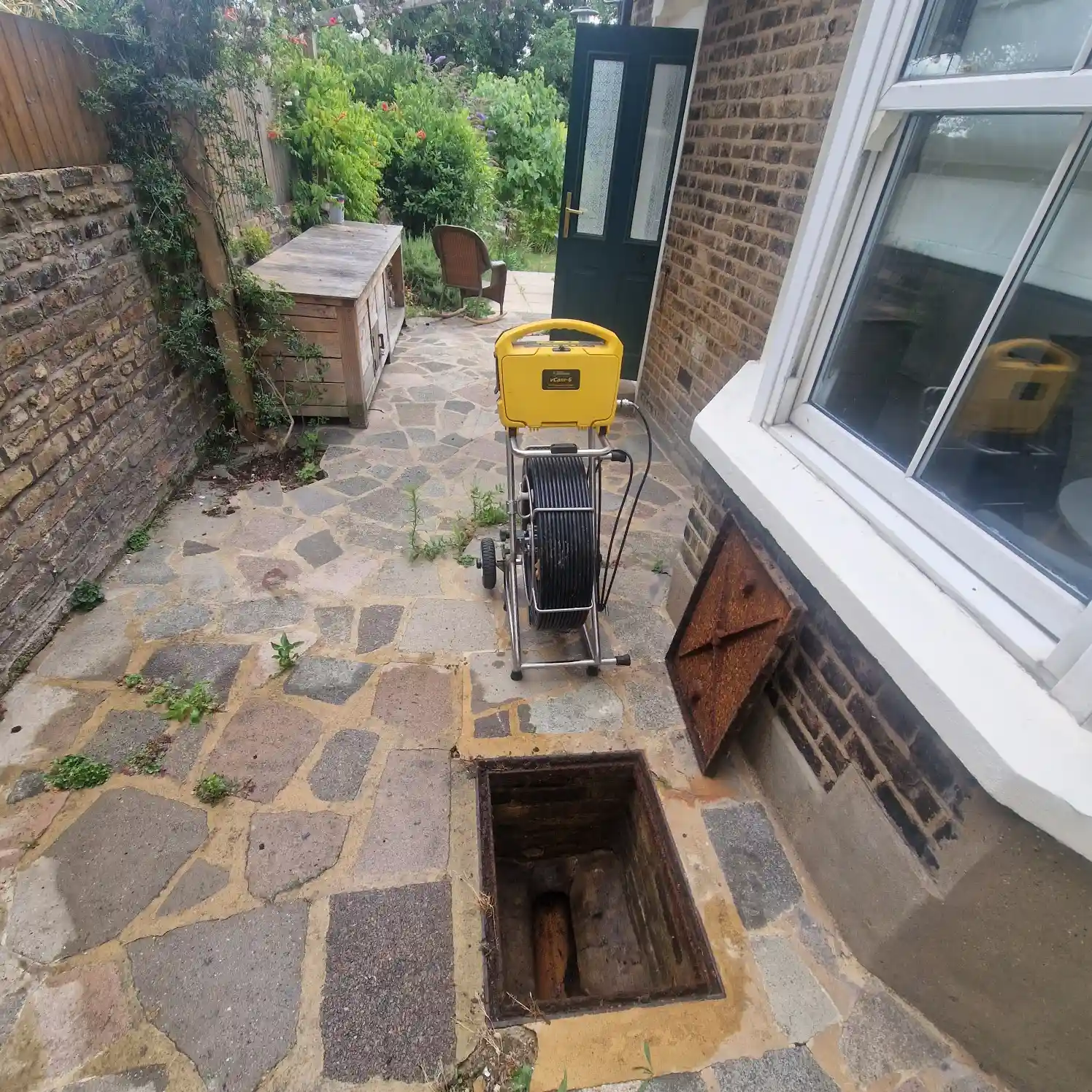
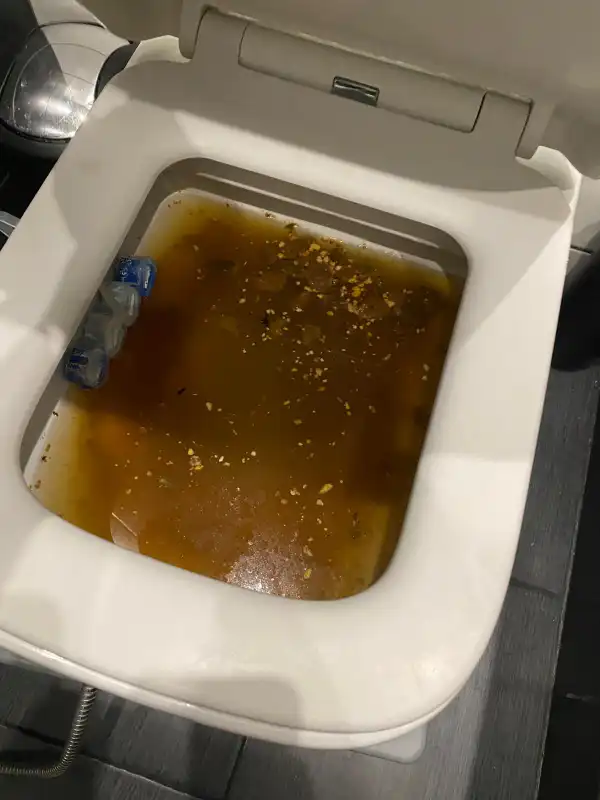
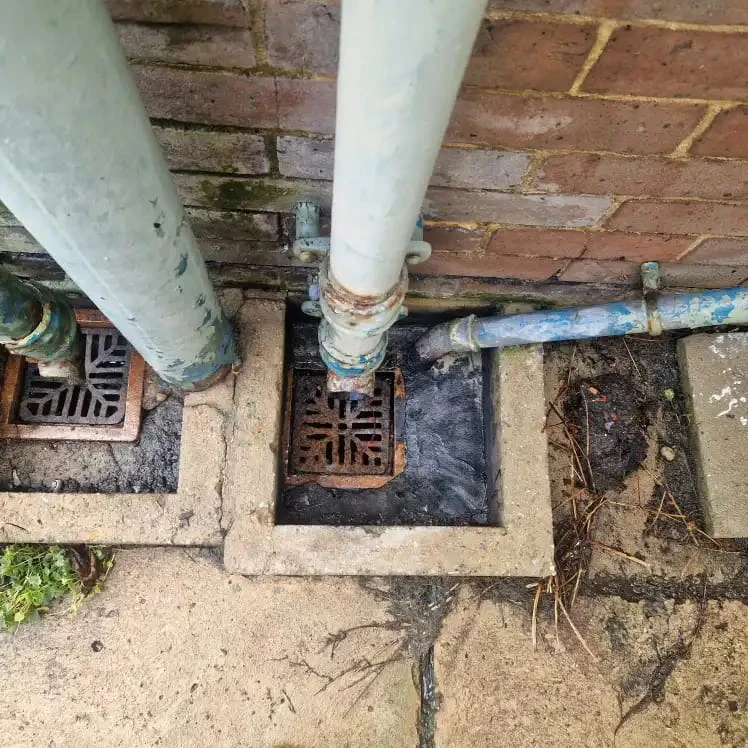
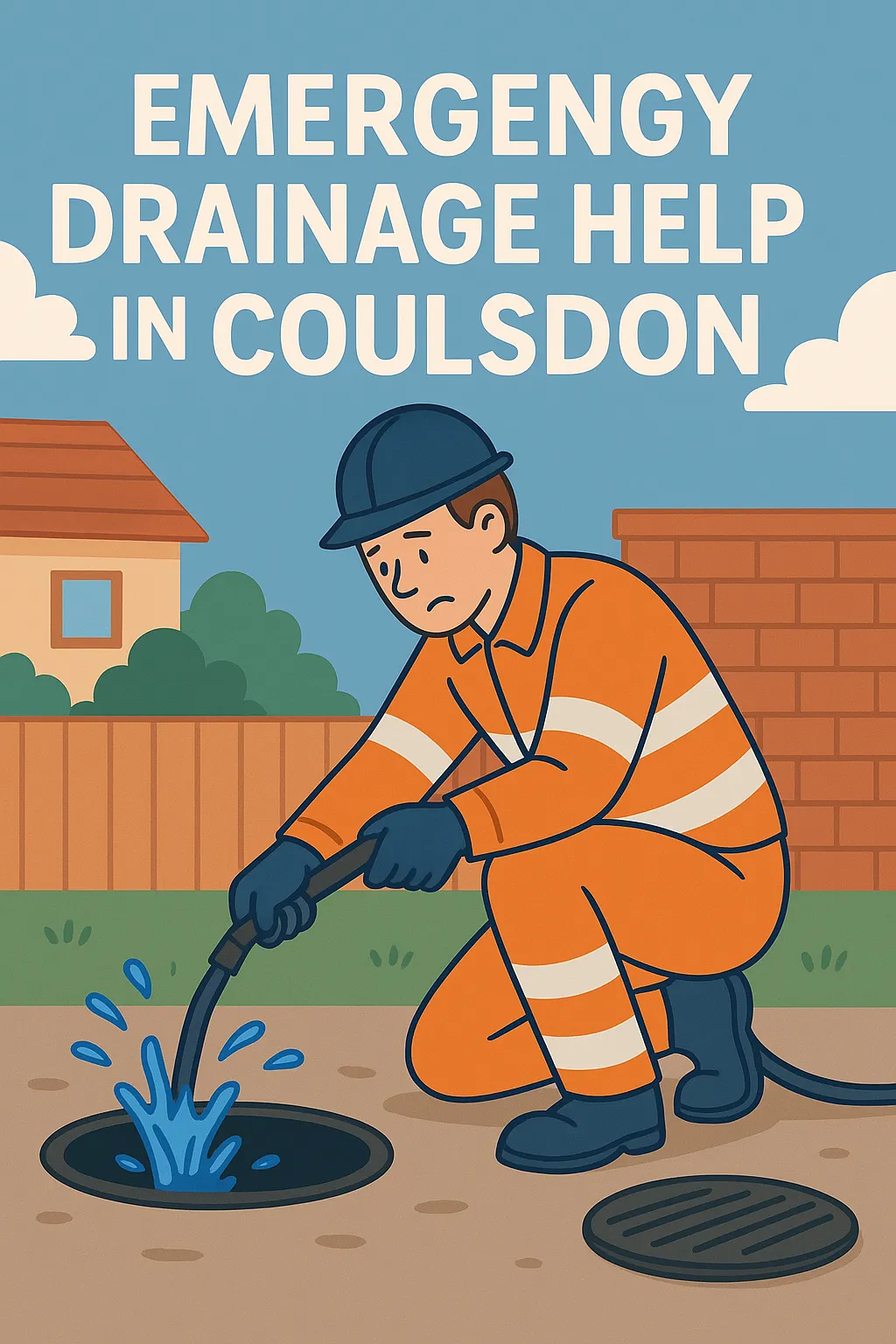
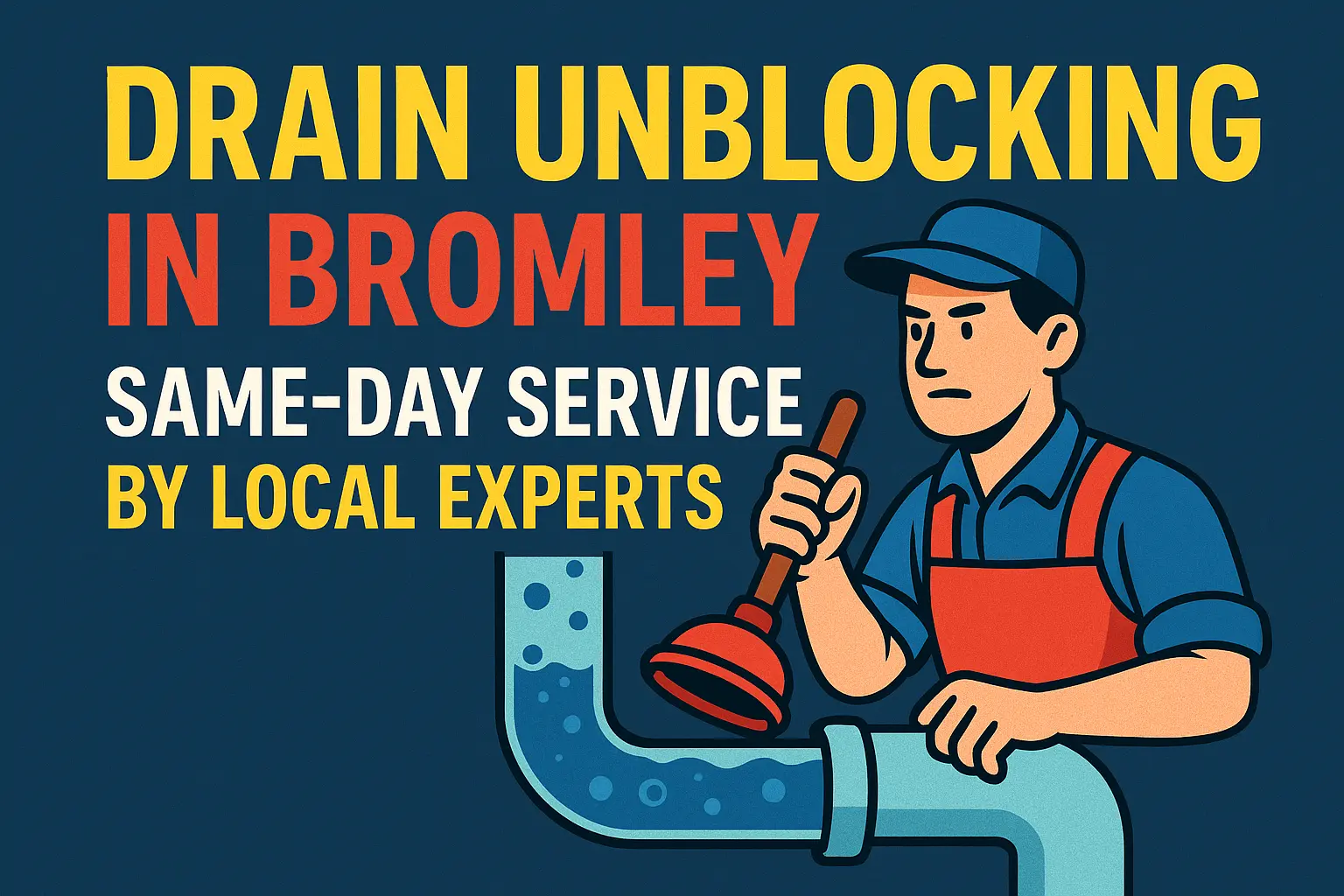
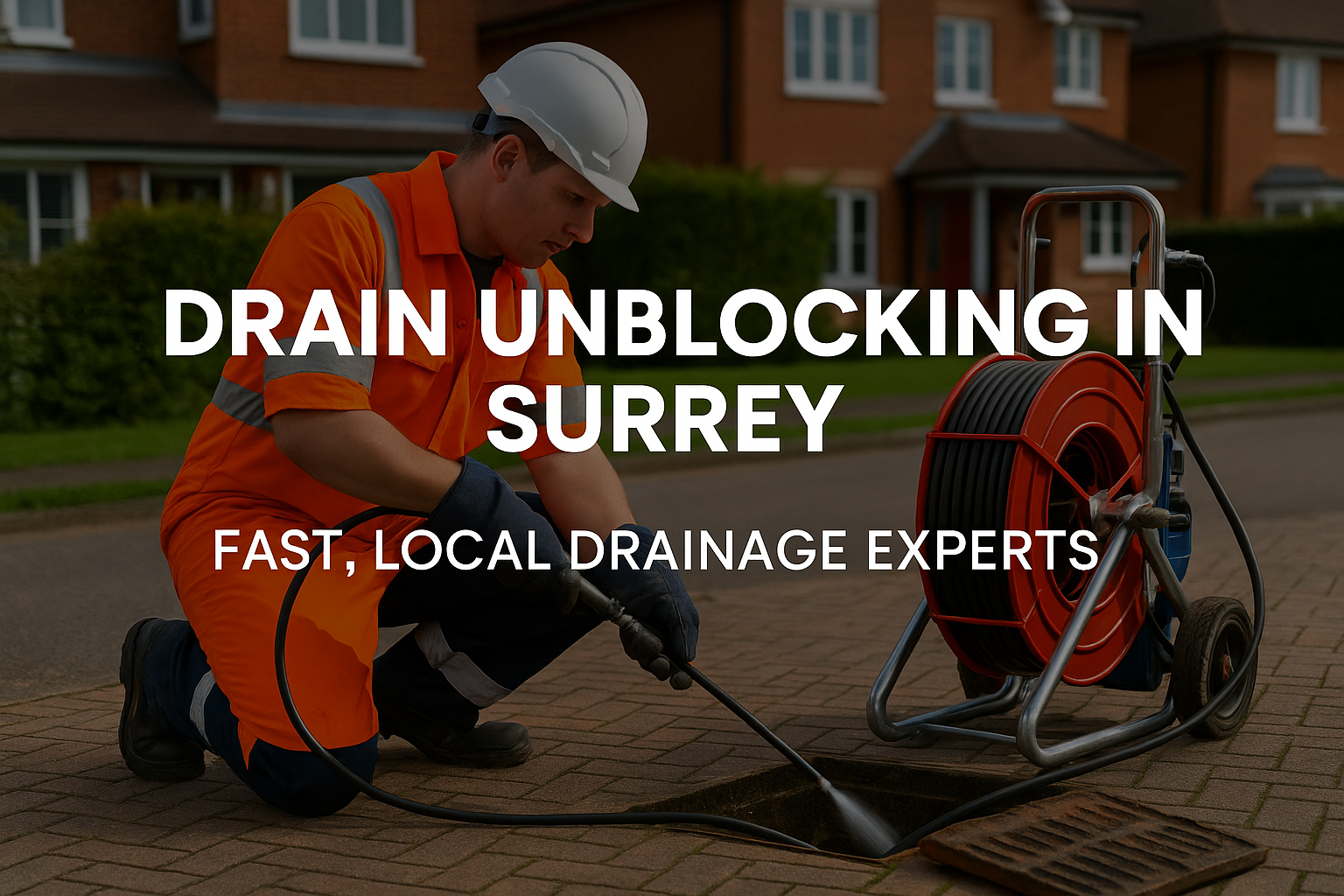
[…] Top Drainage Problems in Restaurants and How to Fix Them | Drainage Company England | Emergency Drai… […]